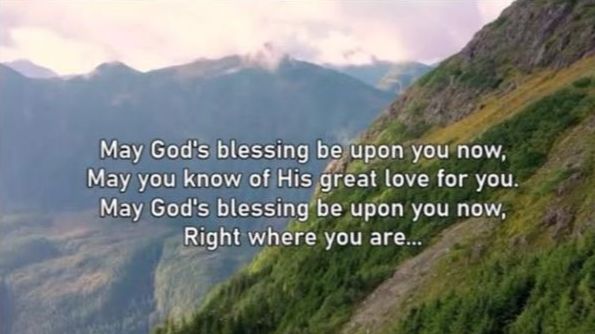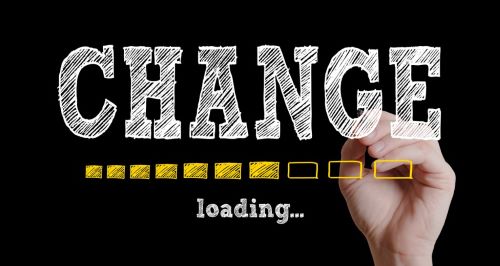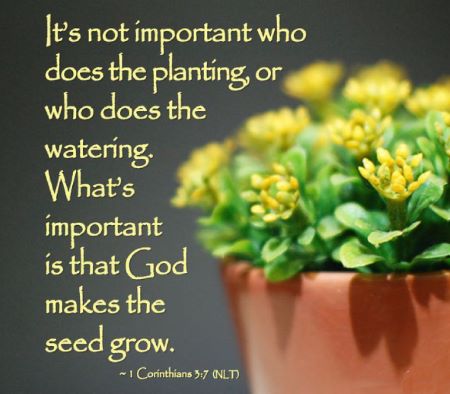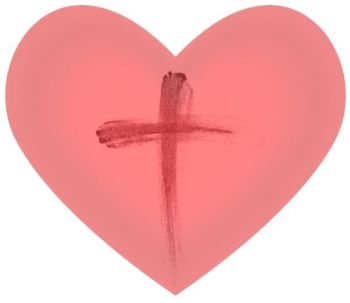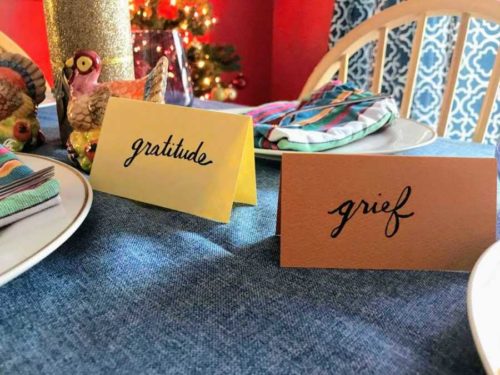
Thanksgrieving
When my daughter was young, her mother and I made a conscious effort to name and model the widest range of emotions (energy-in-motion) that we could for her. Her mother and I often named how we ourselves were feeling when we spoke to each other. And we asked how the other person felt. We said things like “It seems as though you feel disappointed. Does that capture it?” Or “I think you’re angry. Is that right?” And then the other person could confirm or clarify how they felt. We often did this in our daughter’s presence so that she’d be able to apply these lessons to her own inner life. So that she’d be familiar with how she “was” inside and be able to name and express her feelings in as matter-a-fact way as possible. And it provided an enormous benefit. It helped her form appropriate boundaries. It kept her from feeling responsible for how other people felt and helped her know “who owned what.” There was even one time when she “broke up” with a fifth-grade boy because he wouldn’t spend more time with her. She didn’t blame herself, as some fifth-grade girls might do. She just said, “It’s not about me!”
And her mother and I made a point of explaining to her that she might sometimes have two different feelings at the same time. Or three. Feelings that seemed to be at odds with each other. Like feeling excited about the chance to go to a museum, but sad that not all of her friends could come along. And we made a point of explaining to her that having mixed feelings was normal.
We don’t know what the pandemic will be like by the time you read this, or by the time Thanksgiving rolls around. We don’t know how comfortable you’ll feel making plans for Thanksgiving travel and get-togethers. And while there are still some states that you may “drive through” on your way elsewhere (and in which you may even stop for gas and a meal), if you stay overnight with relatives, friends, or in a hotel, you’re expected to quarantine there for two weeks! Experts are cautioning against gathering indoors with those who are not part of one’s regular household. And unless access to testing increases exponentially, and you test negative before leaving to visit family, you might unwittingly take the virus along and potentially infect others. Or be infected.
There are more than a few unknowns. And exposures we can’t control. Almost certainly, there will be those who go away for the holiday, and come home, and don’t get sick. There will be those who go, and come home, and get sick. There will be those who don’t go, but who wouldn’t have gotten sick had they gone. And those who don’t go, and who would have gotten sick had they gone. And some of these experiences will anecdotally support some narratives, but not others.
It’s a lot. A lot to deal with. The pandemic, the election, voter suppression, wildfires, gulf storms, the environment, and even the suspension of our bishop. In fact, a psychologist recently wrote that the collective stress our communities and houses of worship and nation are under, is comparable to what refugees from war-torn countries feel. Let me write that again. Let that sink in. We are like refugees from a war-torn country. And the roof above our heads and the food on our tables does not eliminate that reality. So many of us are separated from the lives and routines and places we know, that we feel adrift. And that is something we cannot ignore or bury under the rug or squash down. It is something we must lament. Something we must grieve.
For those who know our seven-week Advent tradition at Two Churches, Advent begins on November 8. And Advent is a time of waiting. Many people across this nation and the world are waiting for things to return to “normal.” But I think that kind of waiting will be like Waiting for Godot. In truth, what we’re deep-down, truly, really waiting for is for hearts of stone to become hearts of flesh. For human willfulness to melt into a human willingness to love God with all our heart, mind, and strength; and to love our neighbor as ourself. And that can do nothing except result in social change.
And while we wait, we have an opportunity to count blessings. Ours and others’. We have an opportunity to thank God for unearned forgiveness, unmerited grace, and unbounded love. For death and resurrection. And then, perhaps (for those who have it), for food and shelter. And so this year, I wonder if what we’ll really be celebrating is a kind of Thanksgrieving. Giving thanks for the blessings we have, but also grieving the losses we’ve faced and the uncertainty we’re still facing. And we may just experience some mixed feelings. But that doesn’t mean we’re crazy. It means we’re just human. And that realization may be the biggest blessing of all. Thanks be to God.


